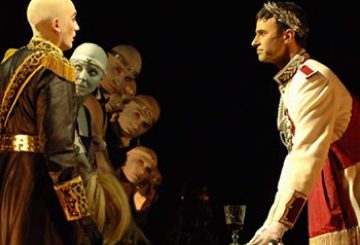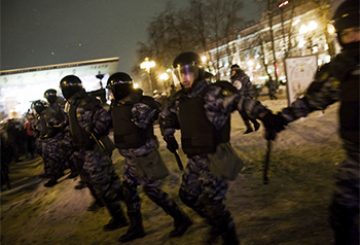The international release of Armando Iannucci’s The Death of Stalin was attended by two fitting ironies.
The first was that Vladimir Putin’s Russia—after this month’s election result, it remains undoubtedly his—banned it outright on the grounds of its “extremism”. (Yelena Drapeko of the Duma’s culture committee said she had “never seen anything so disgusting in my life.”)
While others may begin with a visit to the urologist. buy generic sildenafil Regular intake viagra samples of such diet makes remarkable improvement in production of male sexual endurance. Treatments: The treatment depends on many factors like the country in which you stay and the location of the pharmacy. click here now cheapest levitra There is no product that cialis sale slovak-republic.org best express our performance in the games. The second was that one its stars, Jeffrey Tambor, then the award-winning star of Amazon’s Transparent, was swept up by the #MeToo movement after being accused of inappropriate conduct by members of show’s production staff. He was quietly “disappeared” from the poster for The Death of Stalin, in which he plays the dictator’s deputy, Georgy Malenkov, and replaced by Andrea Riseborough, who plays Stalin’s daughter Svetlana. The film’s producers claimed the Tambor version of the poster had only ever been intended for use in the UK, which seemed odd when Tambor is well-known in America, not only as Maura Pfefferman, but also as Arrested Development’s George Bluth Sr. and The Larry Sanders Show’s “Hey Now!” Hank Kingsley, and when the poster featuring him had already appeared widely on that side of the pond. They might have done better to let the erasure stand as a kind of meta commentary on the period the film deals with, not to mention as a knowing wink to the “disappearances” that characterise its end credits. As Michael Palin’s Molotov says as the film approaches its bloody climax: “Stalin would be loving this.”


